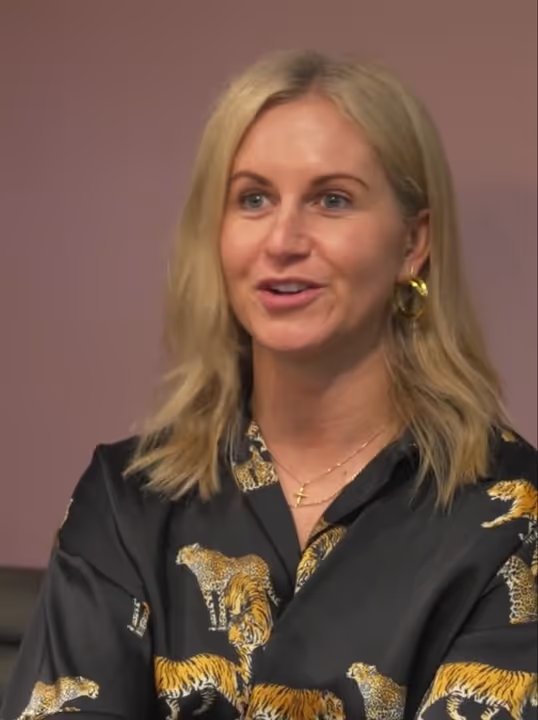Course Units
0
Countries Educated
0
Laboratory Tests
0
Global leaders in functional medicine and nutrition
The only integrative nutritional therapy certification combining functional blood work, nutrition and business mentorship.
Comprehensive, evidence-based education across the full spectrum of health conditions.
Seminars
24 Units

Advanced Blood Work
Module Overview
Learn to analyse complex blood panels using functional ranges, pattern recognition, and clinical reasoning, equipping you to identify root causes that standard interpretations often miss.

Autoimmunity
Module Overview
Develop a structured framework to identify triggers, immune dysregulation, and inflammatory patterns, allowing you to build personalised, remission-focused strategies for autoimmune clients.

Women’s Health
Module Overview
Map the menstrual-to-menopause continuum and translate symptoms, cycle data, and foundational labs into nutrition-first plans with targeted protocols.
.avif)
Advanced Gut Health
Module Overview
Develop a systems-based approach to gut dysfunction, interpreting digestive health using a top-down analysis to restore nutrient absorption, microbial health and barrier integrity.

Mould & Mycotoxins
Module Overview
Detecting and managing biotoxin exposure and mould illness, understanding its multi-system impacts and designing detoxification and environmental recovery protocols.
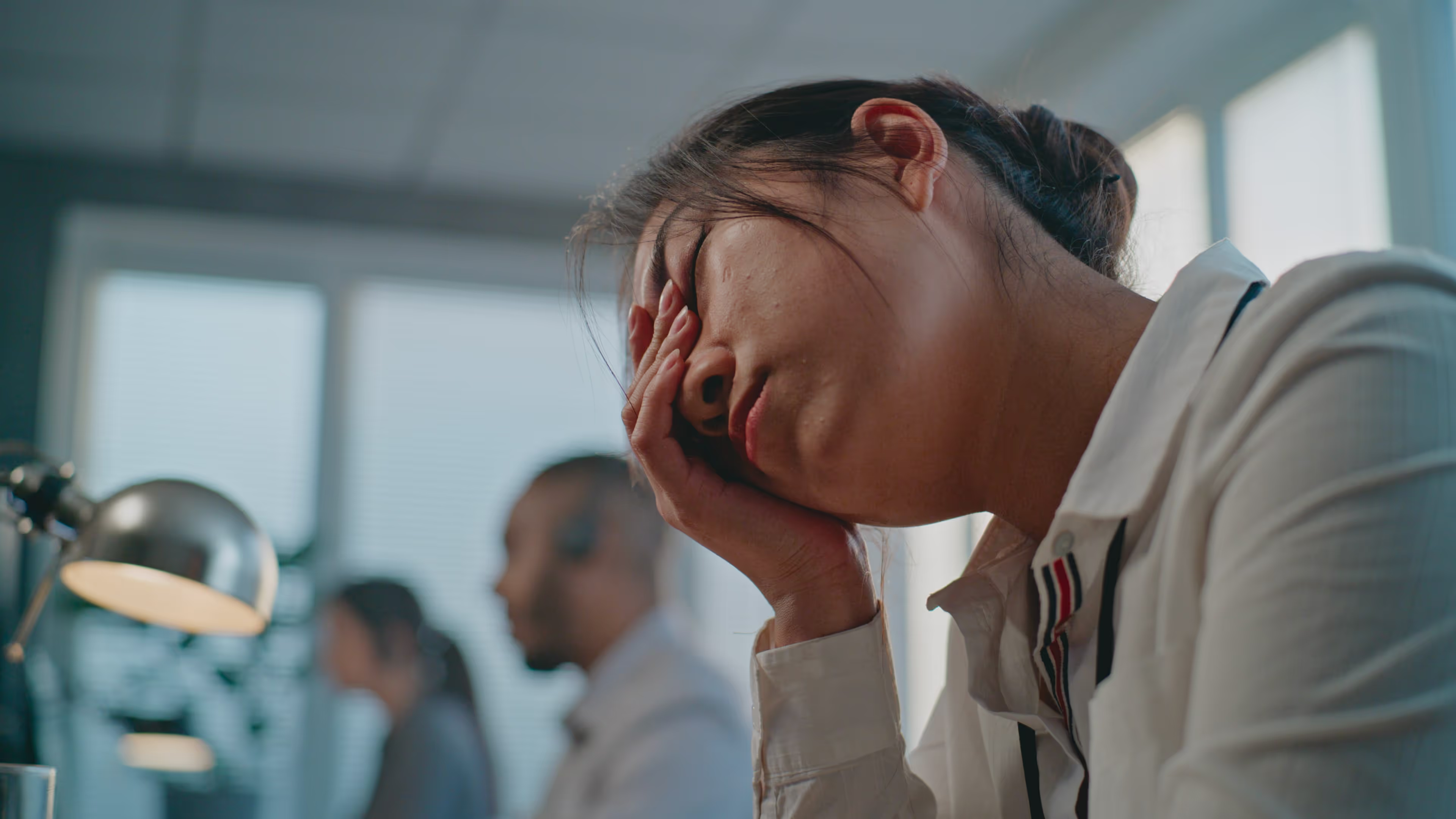
Stress & Cortisol
Module Overview
Identifying physiological and psychological stress patterns, that impact all healing processes of the body, allowing you to rebalance cortisol rhythms, nervous system tone, and recovery capacity.

Men’s Health
Module Overview
Learn to optimise male hormone health, energy, and performance, addressing key drivers such as testosterone decline, metabolic resistance, and modern stress exposure.

Thyroid
Module Overview
Distinguish low vs. high thyroid function patterns, conversion issues, and autoimmune drivers that impact energy, hormones, fertility and metabolic networks.
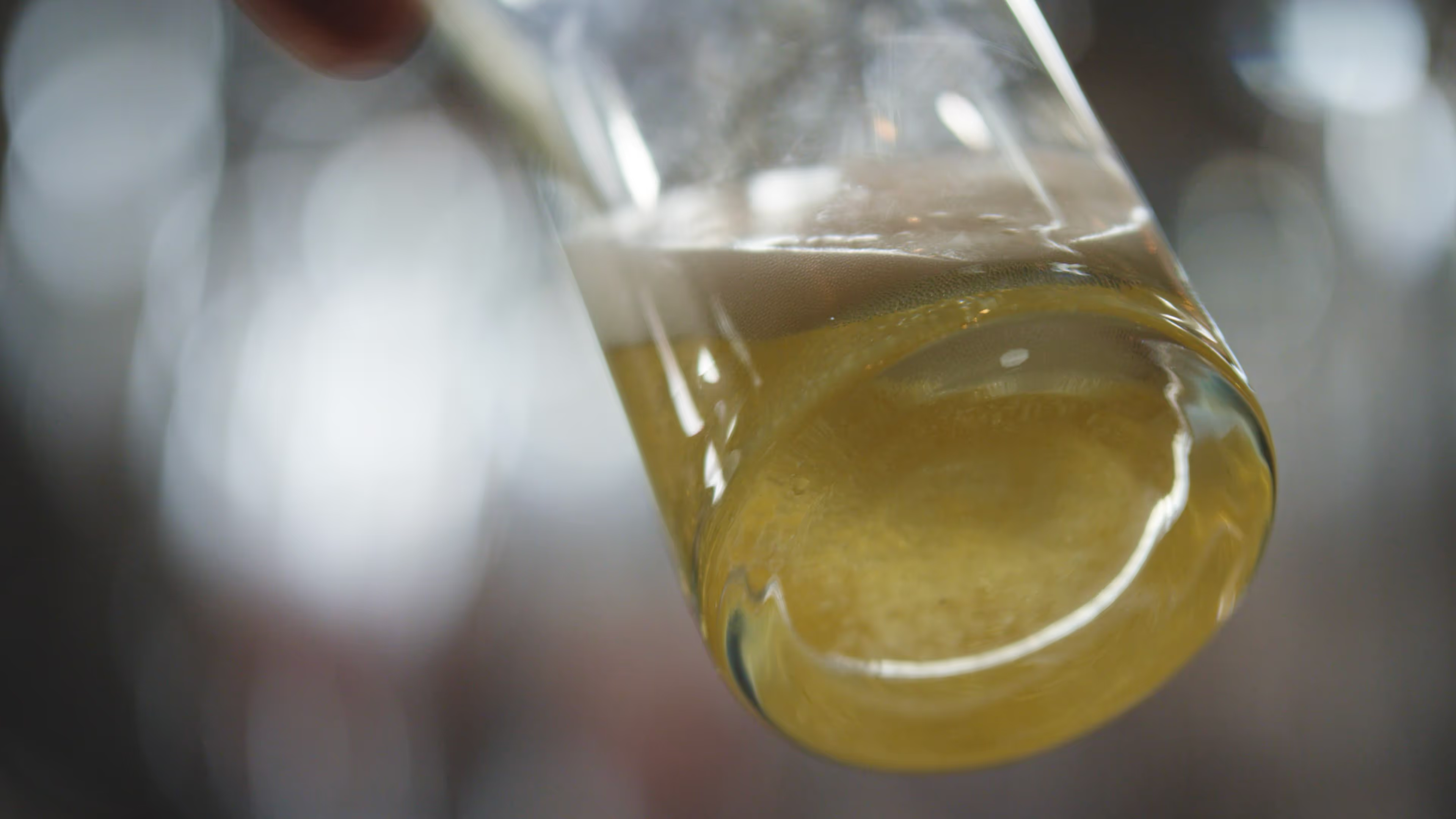
Organic Acids (OAT)
Module Overview
Interpret organic acid profiles, linking mitochondrial, microbial, neurological and detoxification pathways to tailor interventions for fatigue, cognition, and gut health.
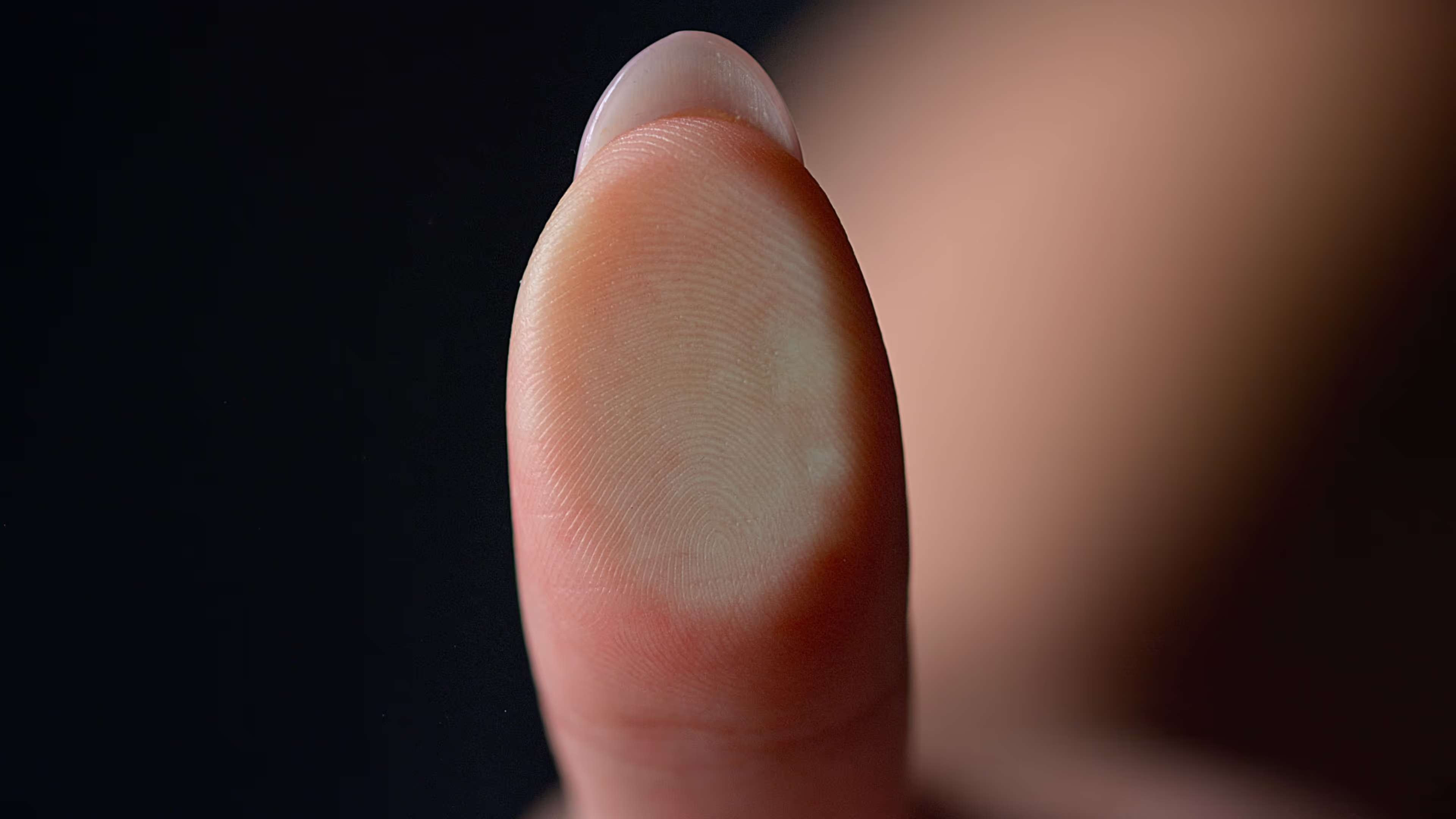
Visual Biofeedback Markers
Module Overview
Systematically assess skin, nails, eyes, nose, mouth, tongue, and hair to spot patterns of deficiencies, toxicities, and dysfunctions, then translate findings into targeted next steps, whilst also providing the ability to track change over time.

Mental Health
Module Overview
Develop the ability to identify and address the biochemical, nutritional, and lifestyle roots of stress, anxiety, depression, and burnout, helping clients restore emotional stability and cognitive clarity.

Sleep
Module Overview
Gain the tools to uncover the physiological and behavioural causes of poor sleep, enabling you to rebuild circadian rhythm, hormone balance, and deep restorative rest for clients.

Lyme and Co-Infections
Module Overview
Understand how to recognise chronic Lyme and co-infection patterns to manage stealth pathogens, immune dysfunction, and post-infectious fatigue through phase-based plans that disrupt biofilm and apply targeted microbials.
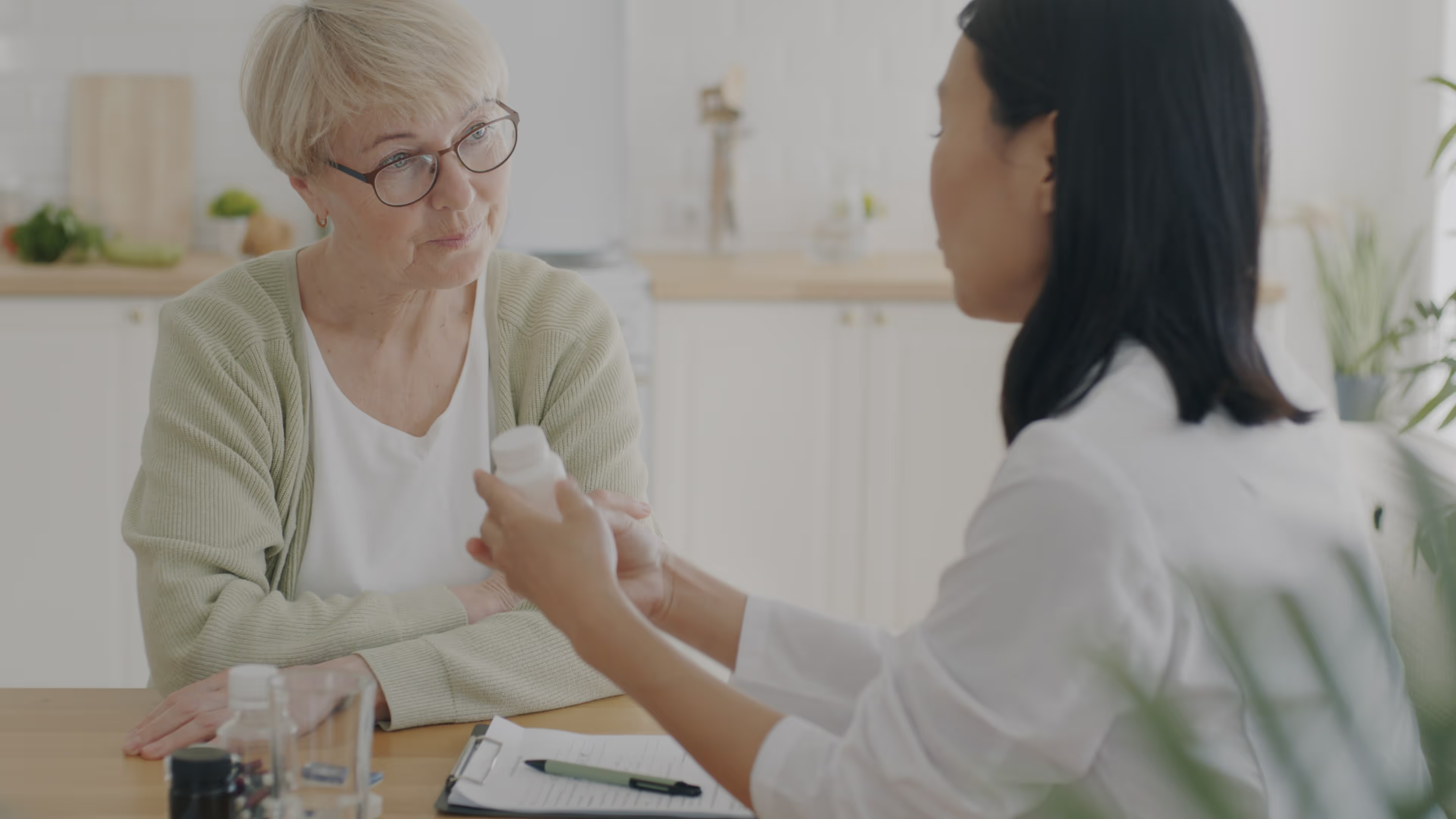
Conditions
Module Overview
Manage common metabolic, GI, hormonal, inflammatory, and fatigue conditions without guesswork and know when to escalate testing or refer.
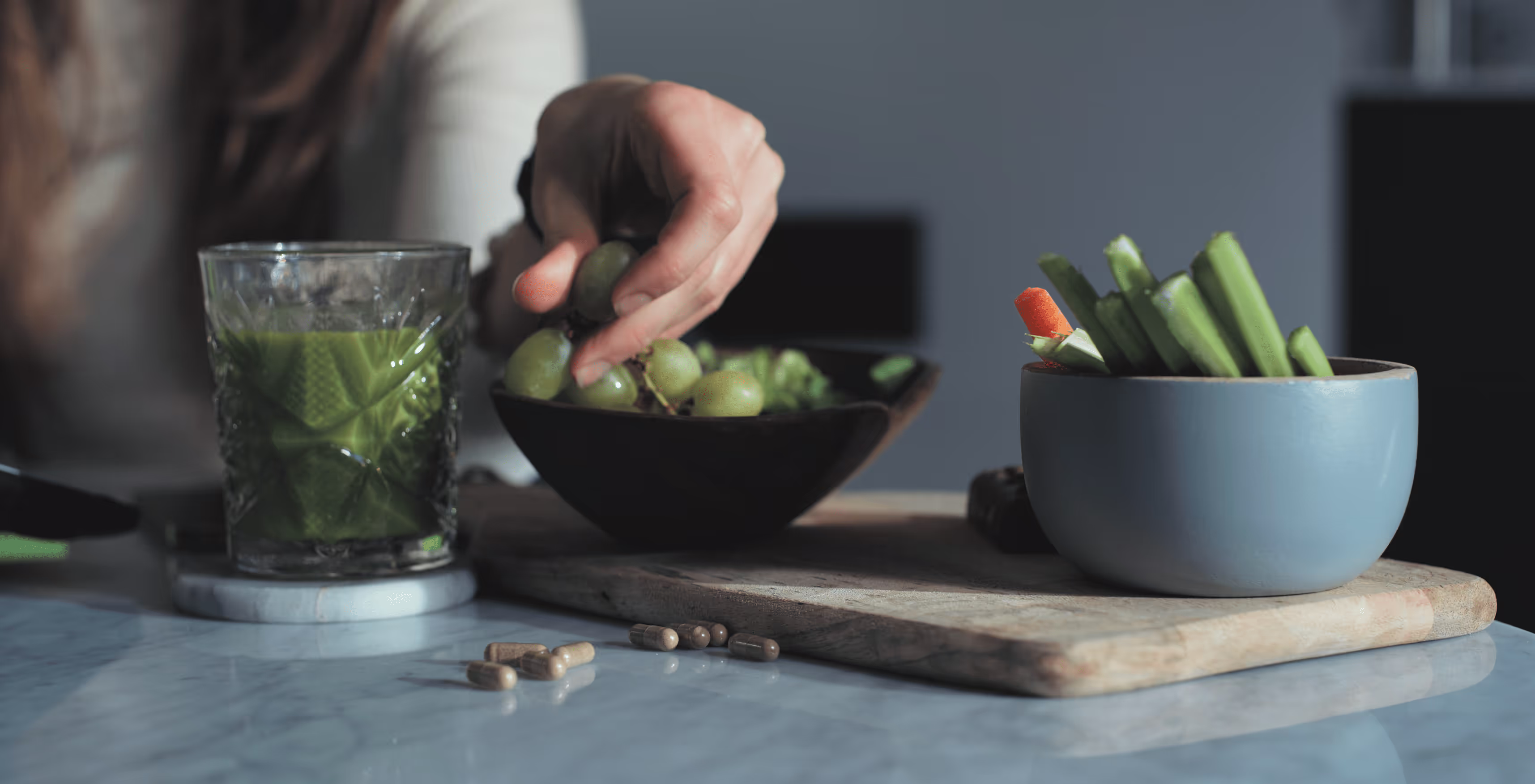
Energy Balance
Module Overview
Build precise calorie and macro targets with sustainable nutritional strategies to ensure continued fat loss or hypertrophy by offsetting metabolic-adaptation and working around psychology.

Fat-Soluble Vitamins
Module Overview
Learn how to interpret and correct imbalances in vitamins A, D, E, and K to enhance hormonal, immune, and metabolic function through food and targeted supplementation.

Water-Soluble Vitamins
Module Overview
Identify deficiency patterns in B-complex and vitamin C pathways, optimising energy production, stress resilience, and methylation.
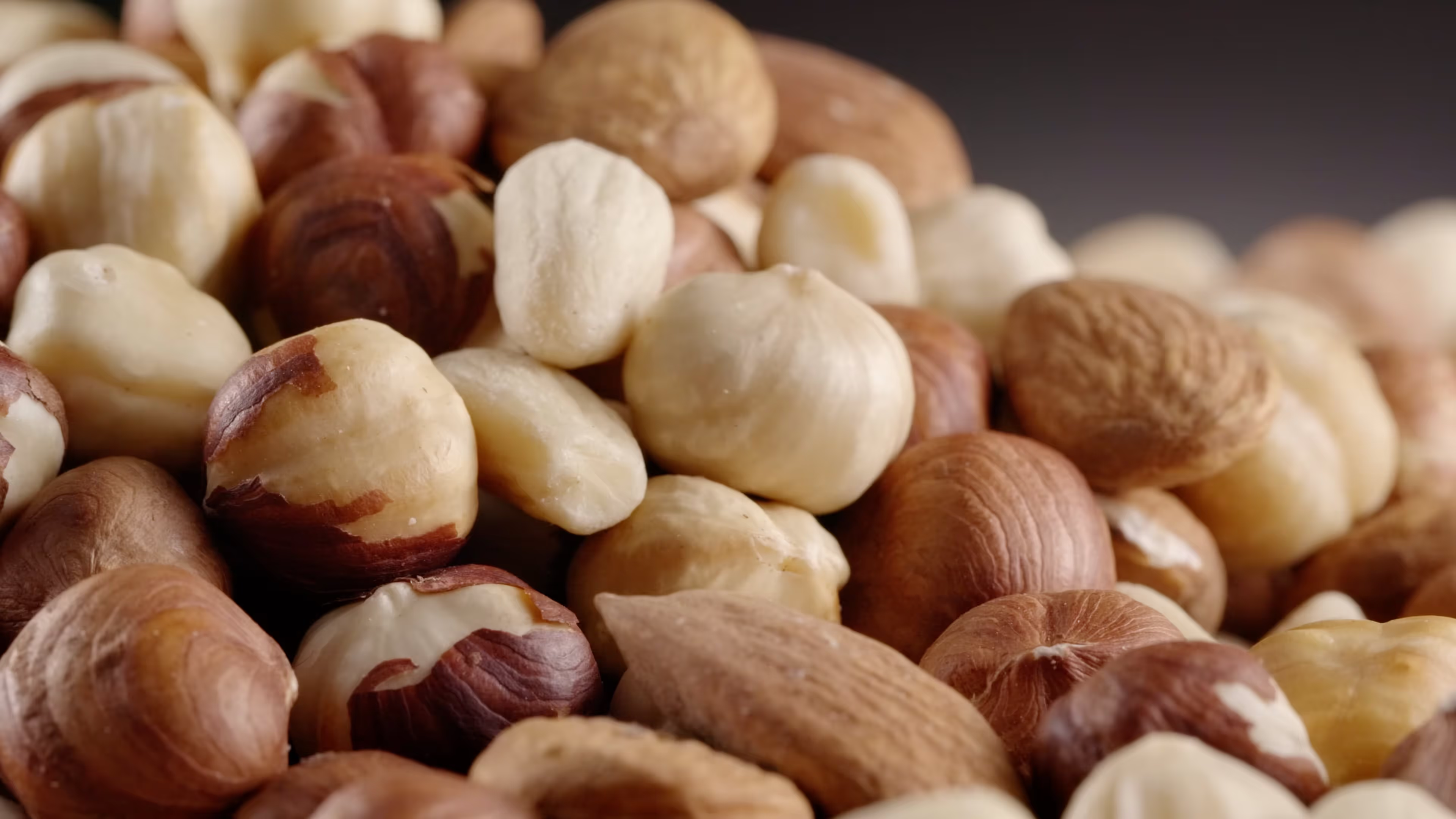
Minerals
Module Overview
Understand the synergistic and antagonistic relationships between key minerals, while checking interactions with medications and essential cofactors.
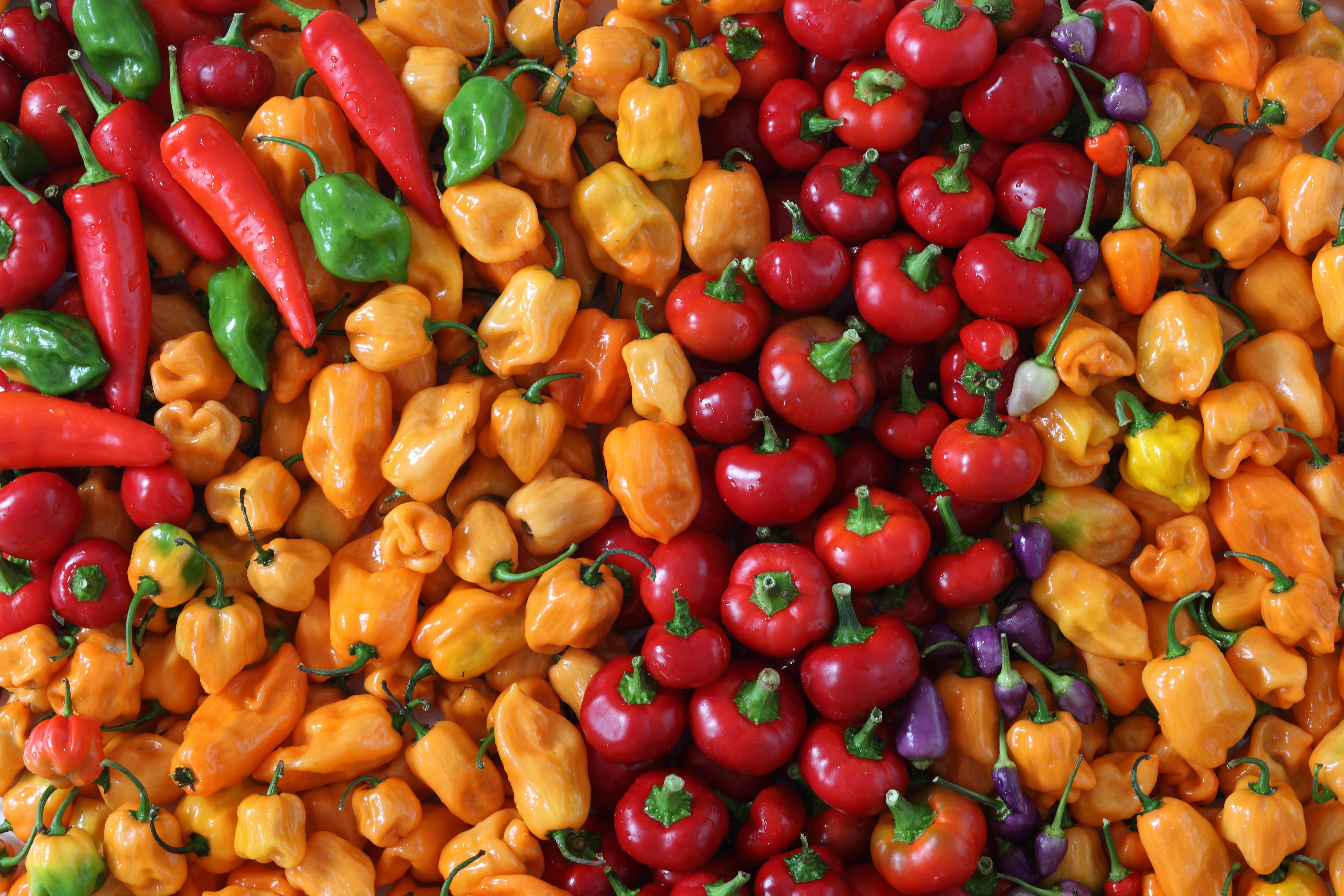
Plant-Based Diets
Module Overview
Design a complete plant-based nutrition plan that meets protein needs via smart food pairing, while preventing common nutritional gaps and managing anti-nutrients.

Carnivore Diets
Module Overview
Understand the mechanisms, benefits, and risks of carnivore protocols, enabling you to identify when and how to apply them therapeutically, without compromising long-term health.

Flexible Diets
Module Overview
Master how to structure personalised nutrition plans that achieve consistency without rigidity, blending scientific precision with behavioural flexibility for sustainable client outcomes.
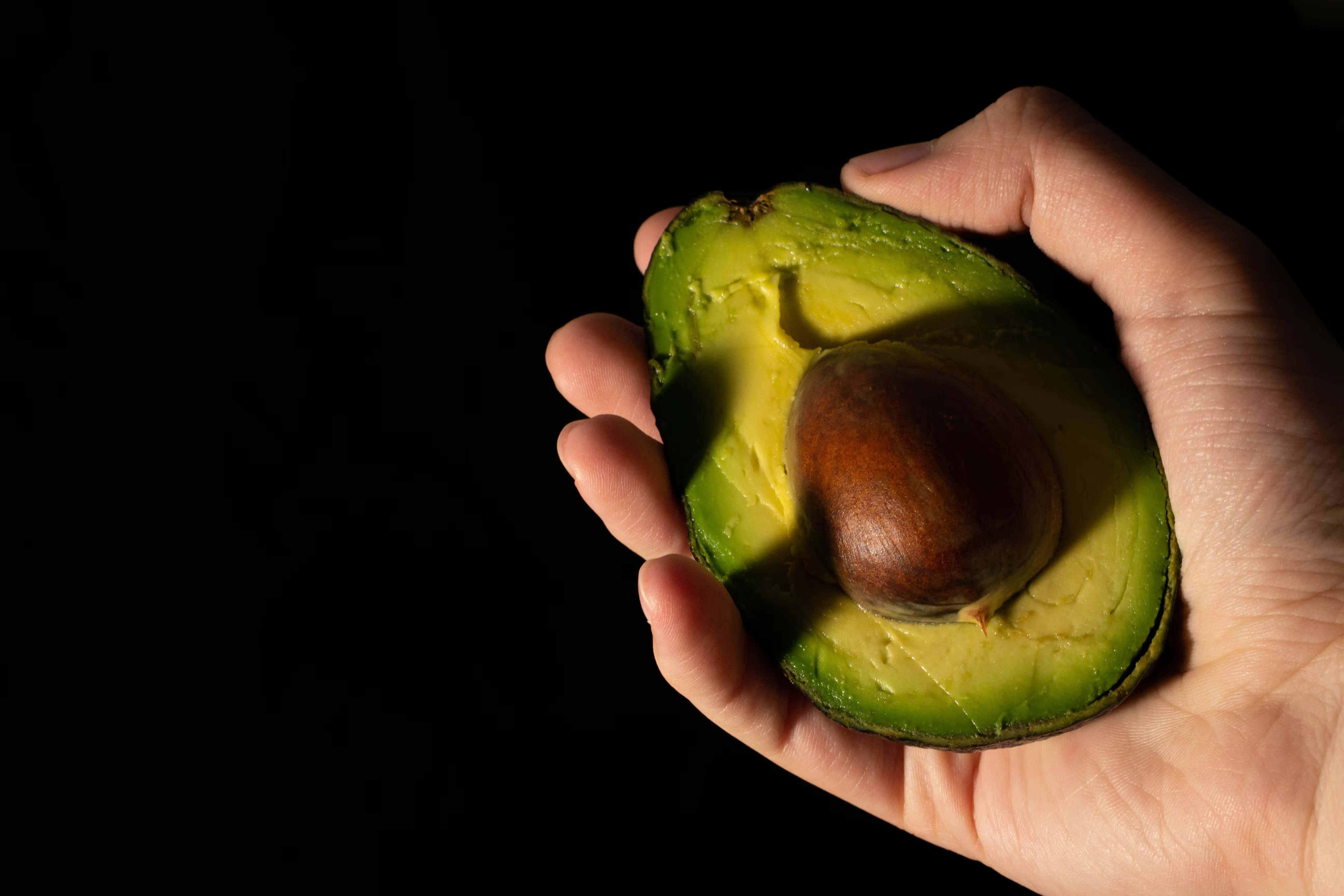
Ketogenic Diets
Module Overview
Develop the skill to strategically implement and troubleshoot ketogenic approaches for metabolic, neurological, and body composition goals, based on biochemical individuality.

Program Design
Module Overview
Learn to build periodised, goal-driven nutrition programs that predict and prevent plateaus, due to integrating physiology, recovery, and psychology, delivering measurable client results every time.
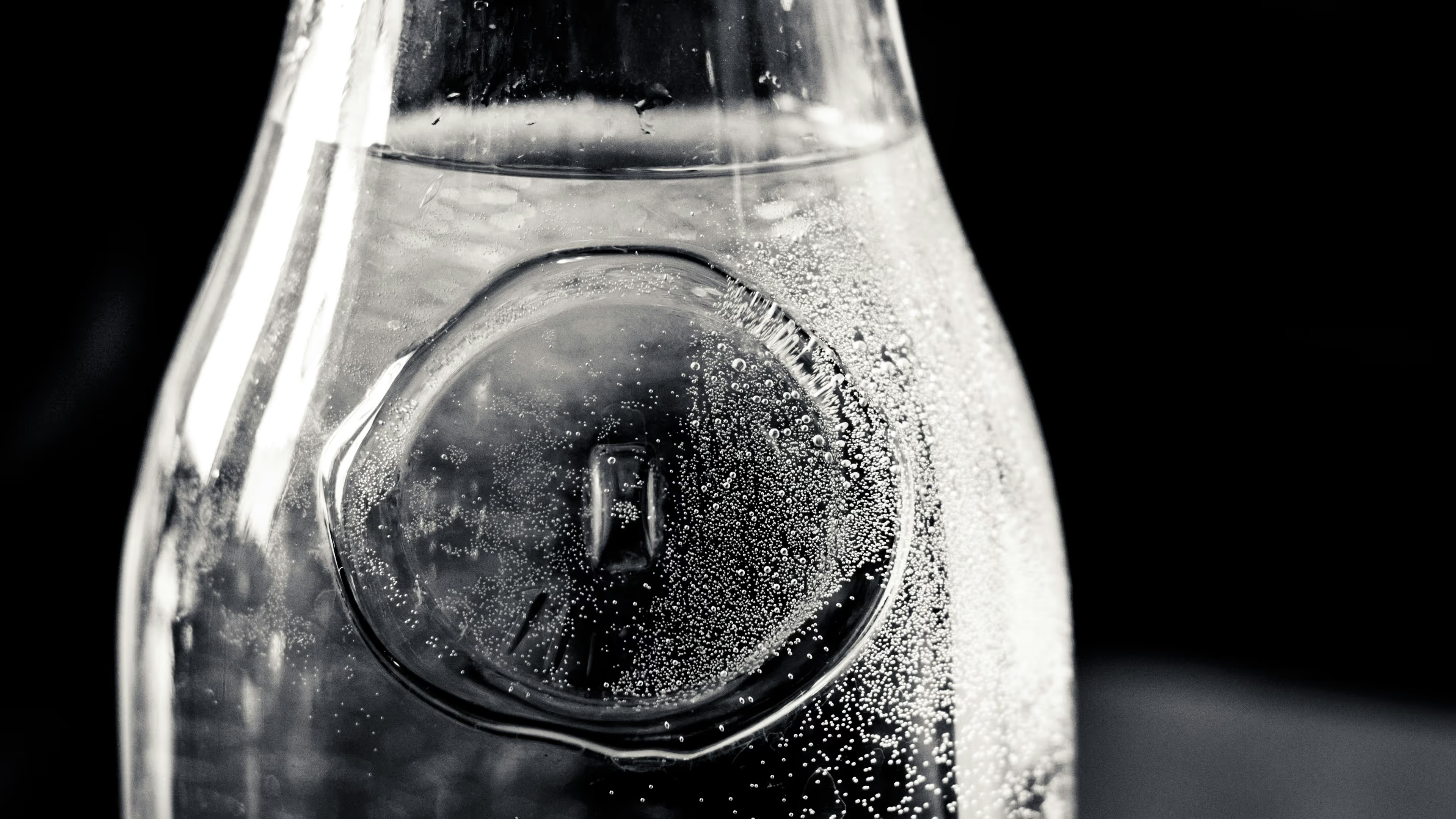
Lifestyle Factors
Module Overview
Master the foundational prerequisites that underpin health, teaching you how to assess, prioritise, and implement low-cost, non-invasive habits that compound results over time.
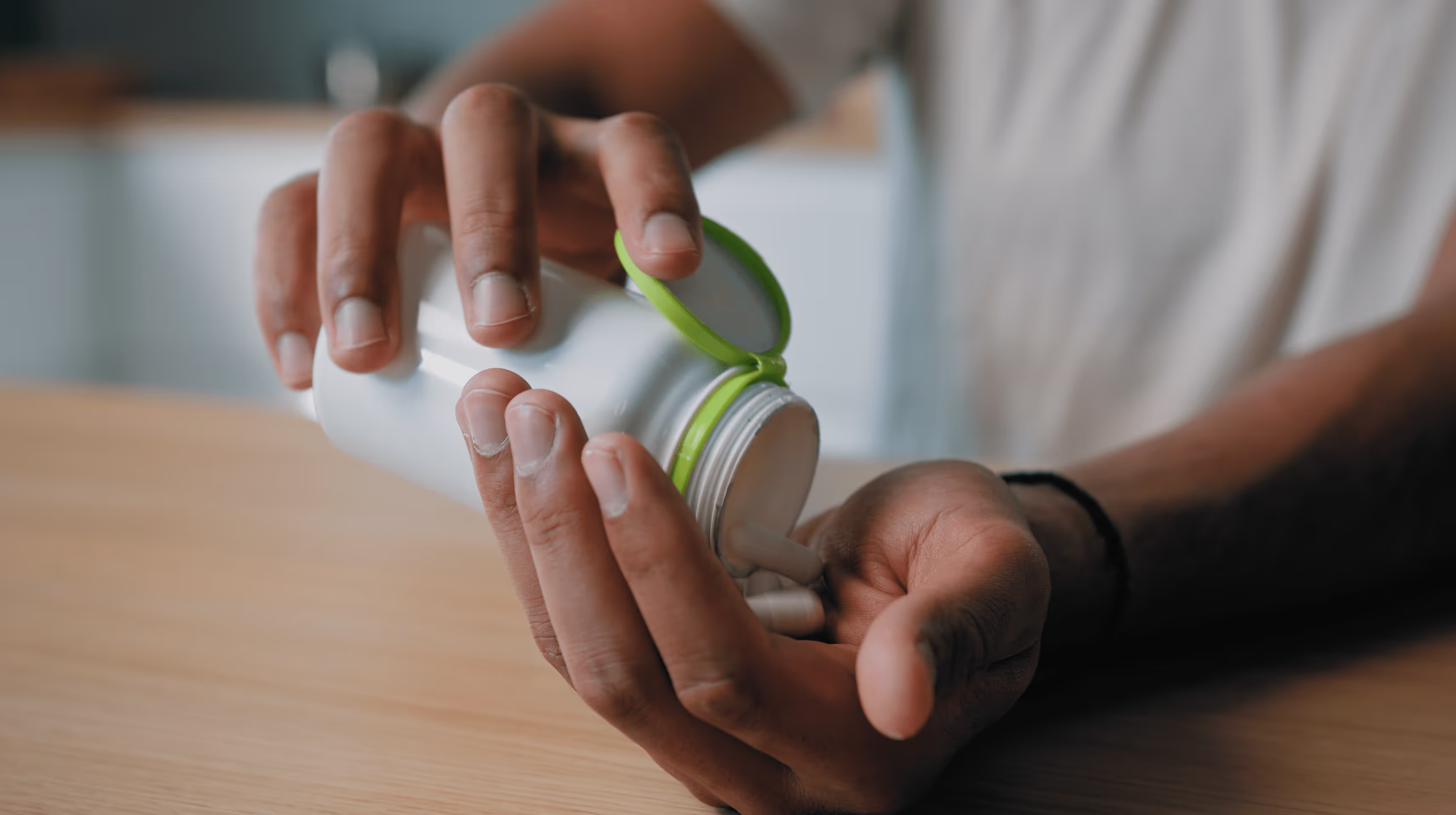
Supplements
Module Overview
Build safe, effective supplement plans by matching deficiencies and symptoms to evidence‑based bioavailable nutrients, co-factors and timing.

































